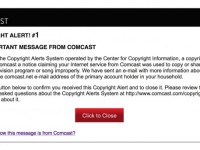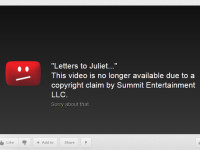Bill C-11, the copyright bill that will allow Canada to accede to an international copyright treaty that will improve access for the blind and visually impaired, was fast tracked on Tuesday with unanimous approval to consider the bill read, studied, and passed three times. There will be no House of Commons committee hearings on the bill, which now heads to the Senate for approval. The bill received first reading at the Senate today. With no hearings and little debate, the bill will pass quickly without any changes. I wrote about Bill C-11 last month, noting that it is a positive step forward but that some provisions may be unduly restrictive when compared to the implementation approach recommended by some copyright groups.
One of the most notable provisions (which was raised by Carla Qualtrough, the Minister of Sport and Persons with Disabilities) is that the bill amends Canada’s anti-circumvention rules by expanding the exception on digital locks. NDP MP Charlie Angus, a veteran of the copyright battles on Parliament Hill, seized on the issue to ask whether the government would address the remaining digital lock restrictions. The answer from Minister Qaultrough: yes.











